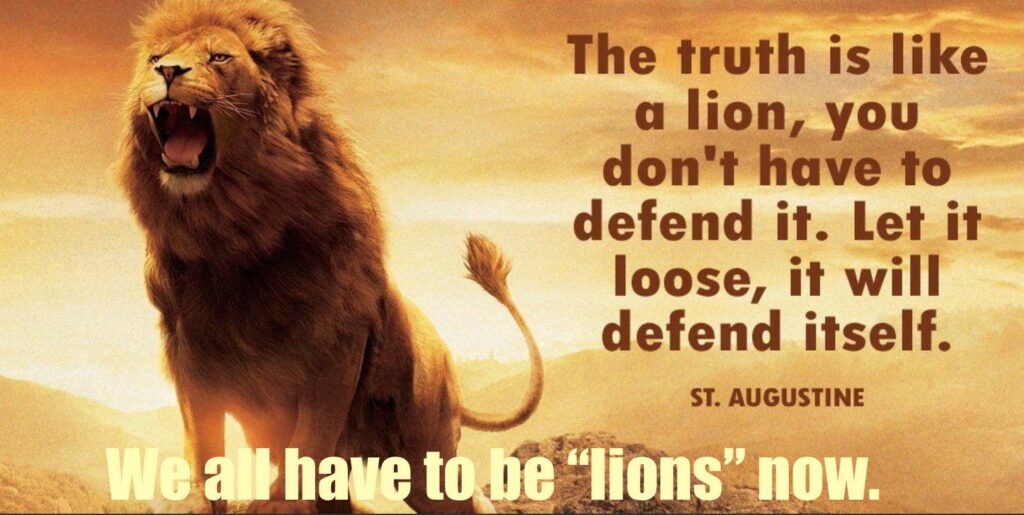
Curbing the Aggressive, Capricious, Untrustworthy Intellect
It’s a heck of a phrase, isn’t it?
The adjectives strung together are strident and wholly negative modifiers of—the intellect.
Huh?
In our knowledge obsessed twenty-first century, the statement, Curbing the Aggressive, Capricious, Untrustworthy Intellect sounds like heresy. Unless we stop, really HALT.
And think about the amount of words we read, hear, and maybe write. As a ‘wordsmith,’ I’ve had a love/hate relationship with words for most of my life. For example, when I fulfilled my promise to John that the move from Nevada wouldn’t include tons of books. Among the countless discarded books, articles and the like were the textbook that took six years to write, the dissertation and beautifully framed image of the doctorate that together took close to ten years to complete. Once they were gone, I felt empty, hollowed out. It took a while to figure out that, just like Seymour, I don’t like change. So many words, gone into the ether.
Not that I have regrets. I have none. I just am reminded of the exquisite pain of growing spiritually because the process demands that we excise parts of ourselves that once defined us.
Please forgive the non sequitur but that statement about a love/hate relationship with words seemed to beg for details, brief explanation.
That eloquent critique of the untrammled human intellect
isn’t mine. But instead is Cardinal John Henry Newman’s. It’s his description of our ostensibly educated human minds when untrained in theology, right, theology!
The word means, after all, the knowledge of God.
Worth a double space, I think.
Humanity’s dismissal of God began with the “Enlightenment.” Sixteenth and seventeen-century philosophers in France and England, and later Germany, began to object to the domination of man by God, Dominus. And the Age of Reason began.
The spirit of lawlessness came in with the Reformation, and Liberalism is its offspring.”29 Once this subjective viewpoint had become normative it did not take much more to conclude that “no religious tenet is important unless reason shows it to be so,” that “no one can believe what he does not understand,” that “no theological doctrine is anything more than an opinion,” and so on. Newman regarded it as an inexorable philosophical sequence leading from Protestantism to Latitudinarianism, to Liberalism, and finally to atheism.
Newman on the Secular Need for Religious Education
David Marsh’s piece on Newman is excellent albeit dense. And warrants more than a single paragraph. However, this is Christmas Day and I need to explain why I’m writing about curbing the Aggressive, Capricious, Untrustworthy Intellect.
Mary, Joseph and Zechariah each contended with their intellects, their reason.
Zechariah first:
I’m an old man, my wife is far past the age of child-bearing!
How can this be?
Joseph next:
His betrothed, Mary, returns from the Hill Country where she stayed for three months helping her elderly cousin Elizabeth, give birth to St. John the Baptist, evidently visibly pregnant. He resolves to quietly divorce her.
Mary’s oath of virginity for her Lord:
“I do not know man, how can this be?” transforms to My Soul Magnifies the Lord,
Each of these holy people is faced with the incomprehensible.
Our stories of the manger scenes and the songs about them imply randomness, even cruelty: a sudden census requiring a long journey, no room at the inn, His birth amidst animal offal.
But once we breathe in what we know about the Lord, the King of the Universe, curb our aggressive, capricious and untrustworthy intellects we ask ourselves:
- Is it likely or even possible that the Lord of the Universe left the details, the manner, people and place of His incarnation up to chance?
- That Emperor Augustus just happened to declare the need for a census requiring Joseph and Mary to travel from Nazareth to Bethlehem?
- Or that the too-small inn was happenstance?
- And would St. Joseph have genuinely believed that Mary had lain with another man?
Brad Pitre offers his thoughts on, “The hidden king: St. Joseph.”
This is the manner and the methods chosen by God to enter time and change the course of human history. A stark and shocking mystery which simmers under the tender, peaceful, and magical scenes of the small family under the star or Hallmark cozy images on Christmas cards.
The manger symbolizes the reality: The infant Word is to be real food and real drink, without which we die.
Why do you wonder? He is God. Consider His divinity, and all cause for wonder will cease. Let amazement pass away; let praise ascend; let faith be present; believe what has happened.
Has not God humiliated Himself enough for you? He who was God became Man. The inn was too small; wrapped in swaddling clothes, He was placed in a manger. Who does not marvel? He who fills the world found no room in an inn. Placed in a manger, He became our food.




